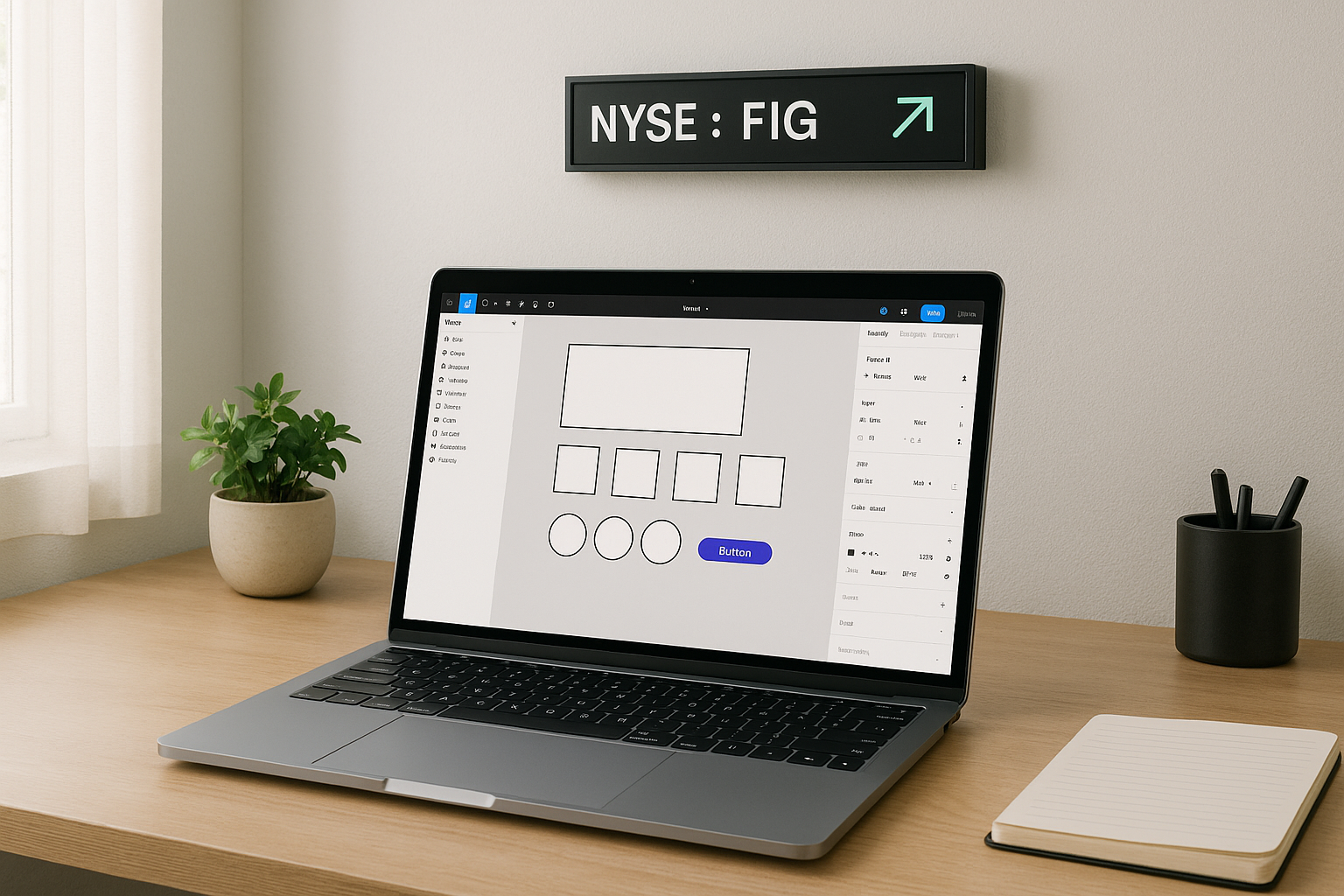The IPO market is stretching its legs again after a lengthy hibernation, and Figma's recent filing to go public on the NYSE under the "FIG" ticker feels like another confirmation that tech's winter might finally be thawing.
Having followed the design software space for years, I'll admit I wasn't surprised when Figma decided to chart its own course to the public markets. After all, when your $20 billion acquisition by Adobe gets torpedoed by regulators—leaving you with a billion-dollar breakup fee in your pocket—you've got options. Nice options.
The numbers Figma's showing are... impressive, to say the least. They pulled in $228.2 million in Q1 revenue, jumping 46% year-over-year. But here's the kicker: they're actually profitable. We're talking $44.9 million in net income compared to $13.5 million a year earlier.
Remember when tech companies could go public on dreams and PowerPoints? Those days are gone, folks.
What makes this filing particularly intriguing is its timing. The IPO window has been nailed shut tighter than my grandmother's cookie jar since the 2021 tech boom fizzled out. But recently? We've seen Reddit, Instacart, and Klaviyo make their debuts with varying degrees of success. It's not 2021's red-hot market, but it's something.
Look, Figma didn't just build another design tool. They fundamentally rewrote the rules of how designers work together. By bringing sophisticated design capabilities directly to the browser, they created something that proved almost prophetic when COVID hit and we all scattered to our home offices. What Adobe was willing to pay $20 billion for wasn't just cool software—it was an entirely new collaboration paradigm.
I've spoken with dozens of design teams over the years who describe their workflow as "before Figma" and "after Figma." That kind of product impact doesn't happen often.
There's a pattern worth noting here (and I've been banging this drum for years): The software companies gaining traction today aren't just digitizing existing processes—they're reimagining how work happens when freed from legacy constraints. Figma, like Notion and a handful of others, built for a collaborative-first world rather than grafting collaboration onto single-user experiences.
That failed Adobe acquisition? Might be the best thing that never happened to Figma.
The $1 billion termination fee certainly softened the blow (wouldn't we all like to fail into a billion dollars?), but more importantly, it kept Figma independent at a crucial juncture in its growth. Had Adobe swallowed them up, would they have maintained their innovative edge? History doesn't offer encouraging precedents.
This filing naturally raises questions about who might follow suit. Will Canva—Figma's more consumer-friendly design competitor—test the waters next? What about the data heavyweight Databricks or payments giant Stripe, both long rumored to be IPO candidates? The market's reception to Figma could set the tone for the next wave of tech debuts.
The dance between private and public markets continues to evolve in fascinating ways. Ten years back, companies typically went public much earlier in their lifecycle, often using the public markets to fund growth. Now? Tech companies grow to enormous scale while private, arriving on Wall Street as fully-formed businesses rather than speculative bets.
I'll be watching Figma's roadshow closely in the coming weeks. Not just for what it means for this particular company, but as a barometer for tech IPOs generally. Is this recent activity a sustainable trend or just a brief window before macroeconomic headwinds potentially slam it shut again?
In the markets, as in design, timing isn't everything—but damn if it isn't important.
